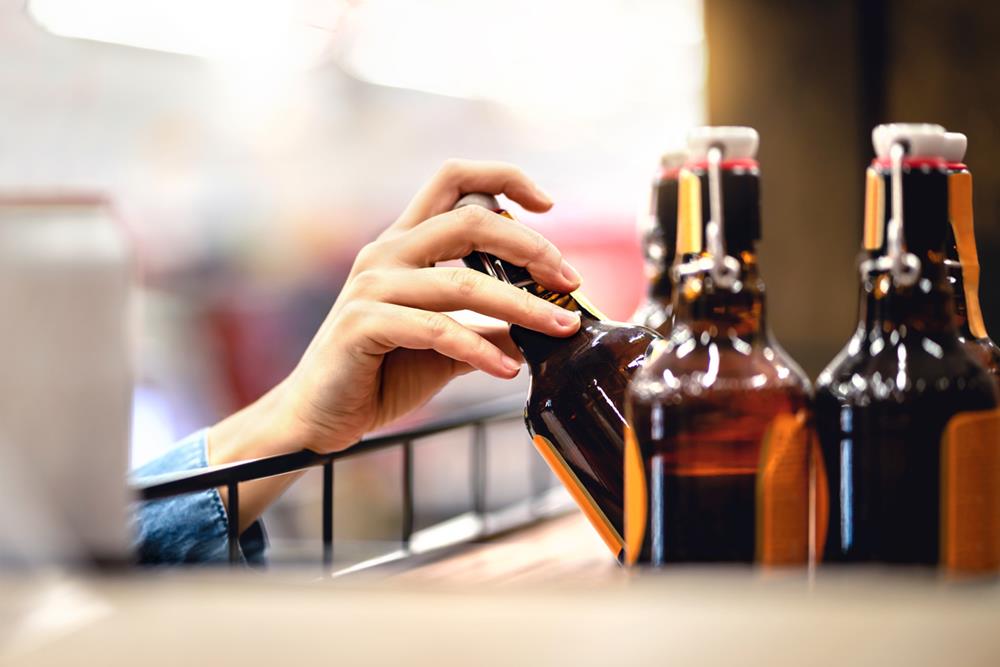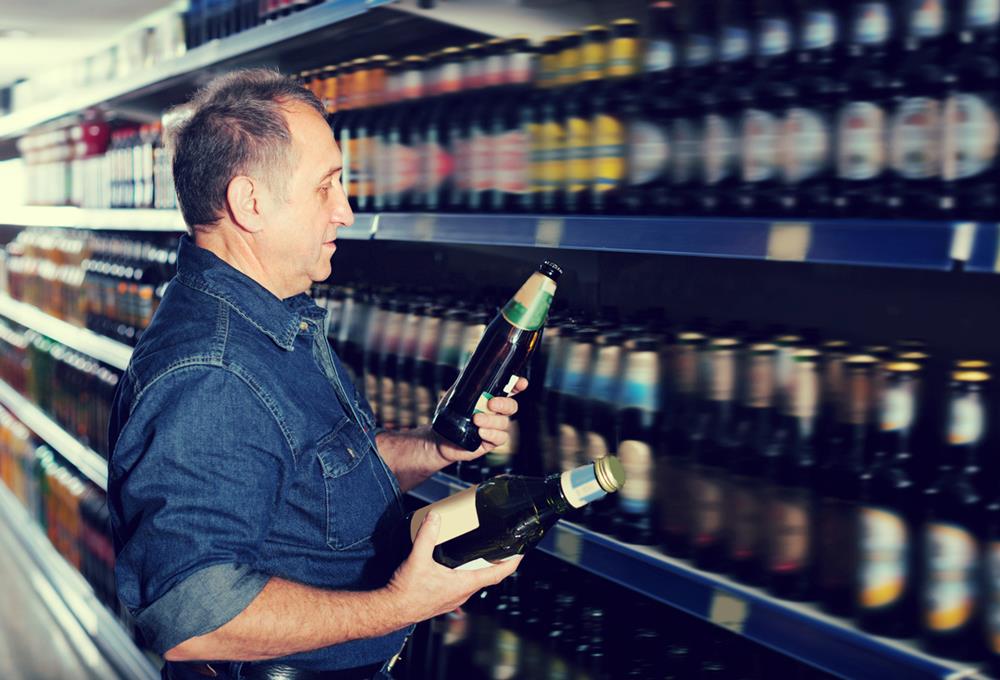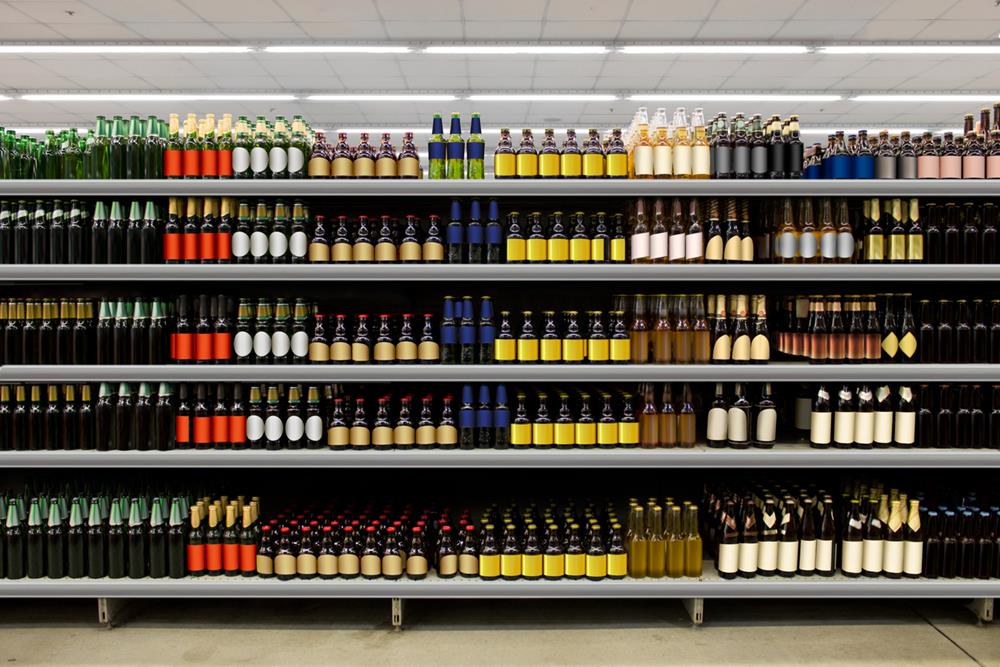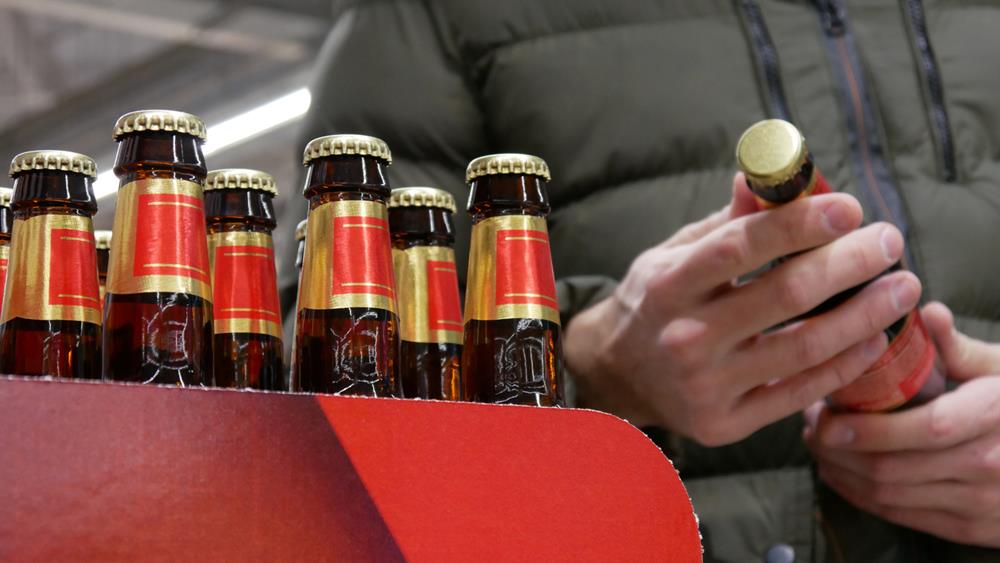Have you ever heard of people collecting and trading beers like treasures? It’s a real hobby where folks hunt down rare and unusual beers to keep or swap with others. This isn’t just about drinking beer; it’s about the excitement of finding special brews that aren’t easy to come by. Some beers are made in tiny batches or come from far-off places, making them super rare. Collectors love to share their finds, talk about different beers, and sometimes even trade them with people from all over the world. This article will take you into the world of beer collecting and trading, showing you what makes it so fun and interesting.
The History of Beer Collecting
Origins of the Hobby
The hobby of beer collecting can trace its roots back several decades, though its exact origin is as varied and diverse as the beers themselves. Initially, it was more about collecting beer bottles and cans with unique labels and designs. Enthusiasts would hunt for limited edition releases, historical brands, and anything that stood out due to its rarity or design. As the craft beer movement gained momentum in the late 20th century, the focus shifted towards collecting the beer itself, not just its packaging.
If you are wondering why other people love collecting, you may read our article on the top reasons to start collecting things.
The Craft Beer Revolution and Its Impact
The craft beer revolution of the late 20th and early 21st centuries dramatically transformed beer collecting. Small, independent breweries began experimenting with old and new brewing techniques, creating a vast array of unique and flavorful beers. This explosion of creativity and variety ignited a new level of interest in collecting. Beer enthusiasts started to seek out rare, one-off, and limited-edition brews, often released in small batches and only available at specific locations or times.
Beer Collecting Today
Today, beer collecting encompasses a wide range of activities, from trading rare bottles and cans to aging beers to enhance their flavors. The internet and social media have played pivotal roles in this evolution, enabling collectors to connect, trade, and share their experiences and coveted acquisitions with a global audience. Special beer trading forums and social media groups have emerged, where collectors can showcase their collections, arrange trades, and share tips on finding rare beers.
The Role of Beer Festivals and Releases
Beer festivals and special release events have become significant occasions for collectors. Breweries often use these events to release exclusive beers, making them hotspots for collectors looking to add to their collections. The anticipation and excitement surrounding these releases have become a culture unto itself, with enthusiasts traveling great distances to attend.
The Culture of Beer Collecting
A Community of Enthusiasts
At the heart of beer collecting lies a passionate community of enthusiasts. These individuals share a deep appreciation for rare, unique, and craft beers, often going to great lengths to add a new bottle or can to their collection. The culture is built on mutual respect, shared knowledge, and the joy of discovery. Collectors come from various backgrounds, but their love for beer creates a common ground that fosters friendship and camaraderie.
Sharing Knowledge and Experiences
An integral part of the beer-collecting culture is the exchange of information and experiences. Collectors often gather in online forums, social media groups, and at beer festivals to share tasting notes, brewing insights, and stories about their latest finds. This collective wisdom not only helps newcomers learn the ropes but also deepens the community’s overall understanding and appreciation of beer.
The Role of Social Media
Social media has significantly amplified the culture of beer collecting. Platforms like Instagram and Facebook serve as virtual showrooms where collectors showcase their latest acquisitions, share their beer trading experiences, and organize meetups. These platforms have also made it easier for collectors to learn about rare beer releases and special events, further knitting the community together.
Education and Appreciation
Beyond the thrill of the hunt, beer-collecting culture places a strong emphasis on education and appreciation. Many collectors spend time studying brewing techniques, beer history, and the nuances that make each brew unique. Tasting events and beer pairing dinners are popular among collectors, offering opportunities to deepen their understanding and appreciation of beer as a craft.
Preserving History
For some, beer collecting is also about preserving history. Collecting beers from now-defunct breweries or limited-edition releases captures a moment in brewing history that might otherwise be forgotten. This aspect of the culture underscores the respect collectors have for the craft and its history.
The Art of Beer Trading
Beer trading is a fascinating aspect of the beer-collecting hobby that allows enthusiasts to exchange rare, limited, and sought-after beers with others. This practice has created a global network of beer lovers who share not just their favorite brews but also stories, tasting notes, and friendships. Here’s a look into the art and etiquette of beer trading.
Understanding Beer Trading
Beer trading involves two or more individuals exchanging beers that are often hard to find, limited in production, or exclusive to certain geographical areas. The goal is to expand one’s beer collection and experience brews that would otherwise be inaccessible due to distribution limits or rarity. This exchange is typically conducted through mail, though in-person trades are common at beer festivals and meetups.
The Etiquette of Beer Trading
Successful beer trading relies heavily on trust, respect, and communication. Here are some key etiquette points:
- Fairness in Trading: Trades should be mutually beneficial, with both parties agreeing on the value of the beers being exchanged. This doesn’t always mean a one-to-one trade; sometimes, rare beers may be worth several more common ones.
- Communication: Clear and prompt communication is vital. Traders should discuss the condition of the beers, packaging methods, and shipping timelines to ensure a smooth trade.
- Packing and Shipping: Proper packaging is crucial to prevent breakage and preserve the beer’s quality. Traders often go to great lengths to pack beers securely and are expected to ship them within an agreed-upon timeframe.
- Sharing Tasting Notes: Part of the joy of beer trading is discussing the beers once they’ve been sampled. Sharing tasting notes and experiences adds depth to the community and fosters a shared passion for craft beer.
The Unwritten Rules
- No Profit Motive: The spirit of beer trading is about the love of beer, not making a profit. Selling beers obtained through trade is frowned upon within the community.
- Reputation Matters: Reputation is everything in the beer trading world. Traders often rely on references or feedback systems in forums and social media groups to vet potential trading partners.
- Always Add a Little Extra: A common practice among beer traders is to include extras in a trade — these could be additional beers, brewery swag, or local delicacies. This gesture of goodwill strengthens community bonds and often leads to more trading opportunities.
Beer trading has gone global, thanks to the internet. While most trades happen within the same country to avoid legal complications and high shipping costs, international trades do occur. These trades are particularly special as they often involve beers that are not just rare but also carry the essence of their home country’s brewing culture.
The Thrill of the Hunt
The appeal of beer collecting often lies in the thrill of the hunt—the excitement and challenge of tracking down rare, elusive beers. This aspect of the hobby is not just about the final acquisition but the journey it takes to get there. It involves research, networking, and sometimes a bit of luck. Here’s a closer look at what makes the hunt so exhilarating for beer collectors.
The Chase for Rarity
Rare beers come in many forms: limited releases, brewery exclusives, vintage years, and collaborations between breweries. Finding these requires a collector to be well-informed and often quick to act. The announcement of a limited release can spark a race against time and other collectors. It’s this chase, the anticipation, and the effort required that can make finally getting the beer so satisfying.
Networking and Community
A significant part of the hunt involves becoming part of the beer-collecting community. Collectors often share tips and upcoming release information and even help each other acquire hard-to-find beers. Social media groups, beer forums, and local beer events have become vital resources. The camaraderie found in these communities not only aids in the hunt but also enriches the overall experience of beer collecting.
The Stories Behind the Beers
Part of what makes a beer “rare” and sought after are the stories and craftsmanship behind it. Collectors value the history, the brewing process, and the people involved in creating the beer. Hunting for these beers often leads to learning more about the art of brewing, the culture of different breweries, and sometimes even the regions they come from. This depth adds a layer of appreciation that goes beyond just the taste of the beer.
Adventures and Experiences
For some, the hunt involves literal travel—visiting breweries, attending special release events, or trading beers in person. These adventures can lead to unforgettable experiences, such as touring historic breweries, meeting master brewers, or tasting a beer directly from its source. The effort and resources invested in these journeys highlight the passion collectors have for their hobby.
The Emotional Rollercoaster
The hunt for rare beers is often a rollercoaster of emotions. The excitement of discovering a sought-after beer, the tension of securing it before it sells out, and the disappointment when a hunt comes up empty-handed are all part of the experience. However, even the misses contribute to the thrill of the chase, making eventual successes all the sweeter.
The Challenges and Controversies
Beer collecting and trading, while a passionate hobby for many, comes with its own set of challenges and controversies. These issues can range from legal complications to ethical considerations, and they often spark debate within the community. Here’s a closer look at some of the hurdles and contentious points surrounding this hobby.
Legal Challenges
One of the primary challenges facing beer traders is navigating the complex web of laws regulating the shipment of alcohol. Laws vary significantly from one country to another and even between states or regions within the same country. In some places, shipping alcohol directly to consumers is heavily restricted or outright illegal, complicating the logistics of beer trading. Traders must be well-informed and creative in finding legal ways to share their brews, often relying on licensed third-party shippers, which can add to the cost and complexity of trades.
Ethical Considerations
The ethics of beer collecting and trading can also come into question, especially when it involves highly sought-after releases. Issues such as hoarding, flipping (buying limited releases with the intention of selling them at a higher price), and the secondary market can create tensions. Some argue that these practices can undermine the spirit of the community, turning a hobby based on shared passion into a profit-driven marketplace. This is particularly contentious when it comes to rare beers, where demand far outstrips supply.
The Secondary Market
The emergence of a secondary market for rare beers has been both a boon and a bane. On one hand, it allows enthusiasts access to beers they might never have been able to try otherwise. On the other hand, it can inflate prices and encourage flipping, making it harder for genuine collectors to obtain certain bottles without paying exorbitant prices. Discussions about the secondary market often highlight the fine line between collecting as a hobby and the commercialization of rare beers.
Storing and Preserving Beers
Another challenge is the proper storage and preservation of collectible beers. Not all beers age well, and understanding which ones to age and how to do it correctly is crucial. Factors such as temperature, light, and humidity can greatly affect a beer’s quality over time. For collectors, especially those who trade aged beers, maintaining optimal conditions is essential but can also be a significant investment and commitment.
Addressing Criticism
Beer collecting and trading are not without their critics. Some argue that it focuses too much on exclusivity and rarity, potentially overshadowing the enjoyment of beer itself. Others see it as a positive force, driving innovation and appreciation for craft beer. Navigating these criticisms, beer collectors and traders often emphasize the community, camaraderie, and shared experiences that define the hobby rather than the mere acquisition of rare bottles.
Despite its challenges and controversies, beer collecting and trading continue to thrive, fueled by a passionate community of enthusiasts. By addressing these issues head-on, the community works to maintain the integrity and spirit of the hobby, ensuring it remains accessible and enjoyable for all involved.
Conclusion
Beer collecting and trading, aside from being a fun hobby, is also a journey filled with excitement, friendship, and the discovery of unique brews. Despite facing challenges like legal issues, ethical questions, and the complexities of storing rare beers, the community remains strong and supportive. It’s all about sharing a love for craft beer, learning from each other, and celebrating the amazing variety that brewers around the world have to offer. Whether you’re a seasoned collector or new to the scene, there’s always something new to discover and enjoy in the world of beer collecting and trading.






